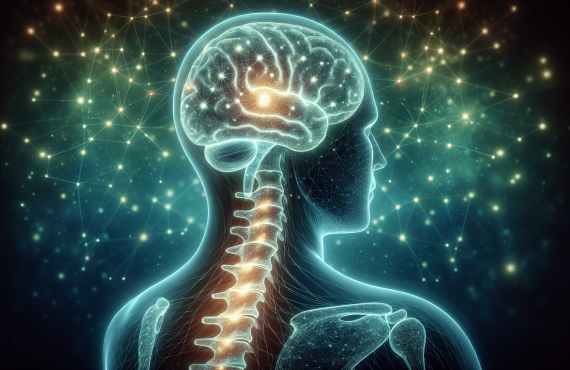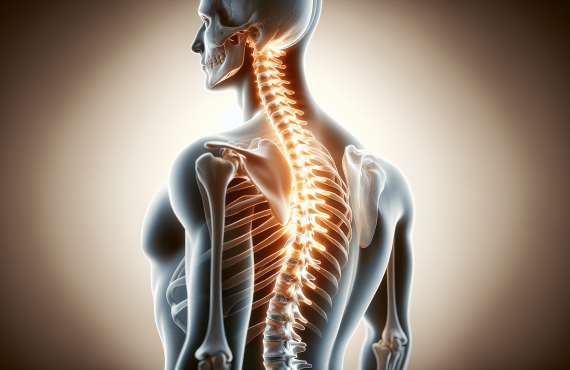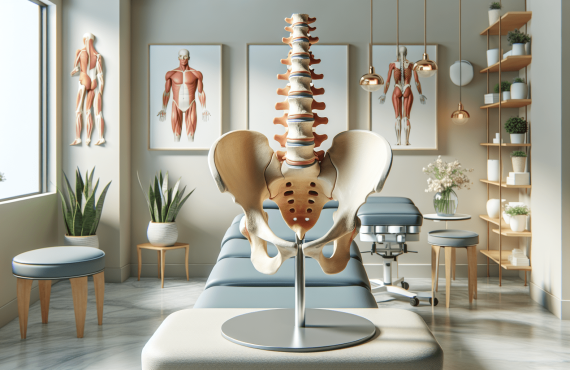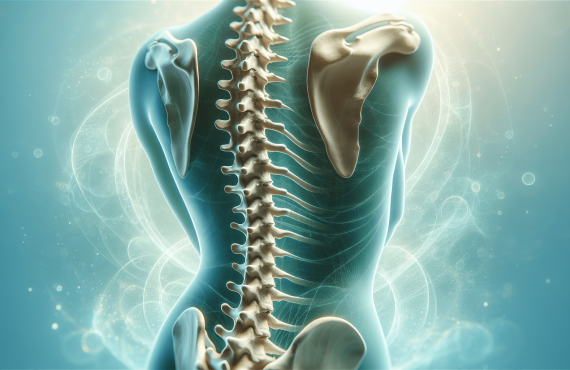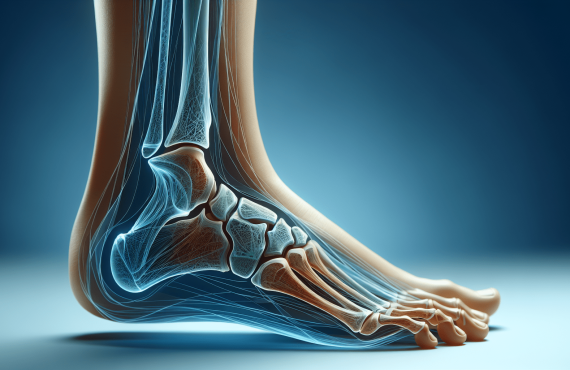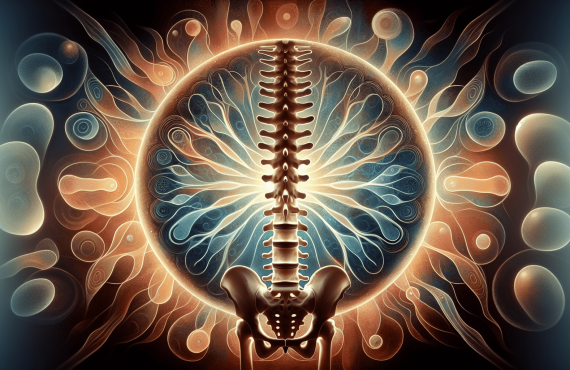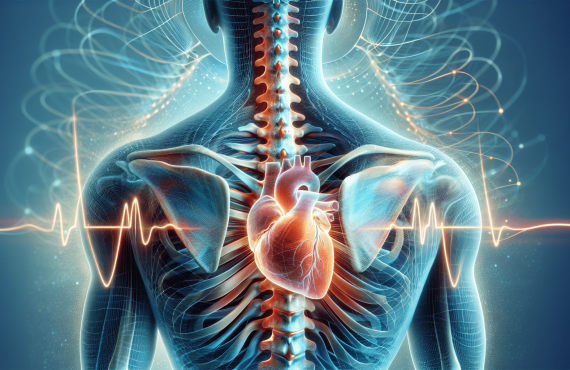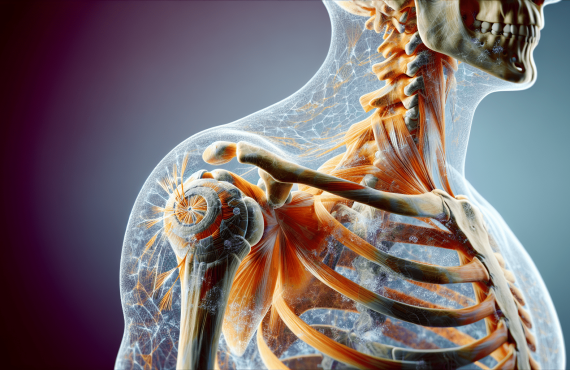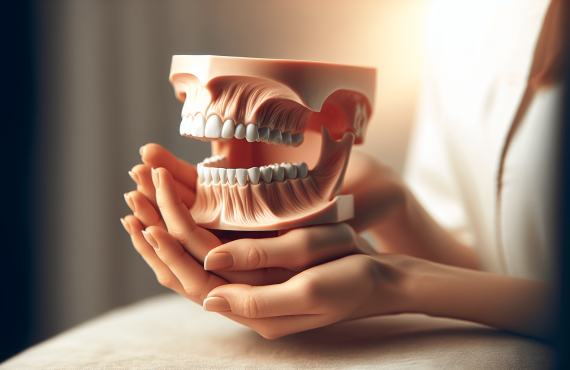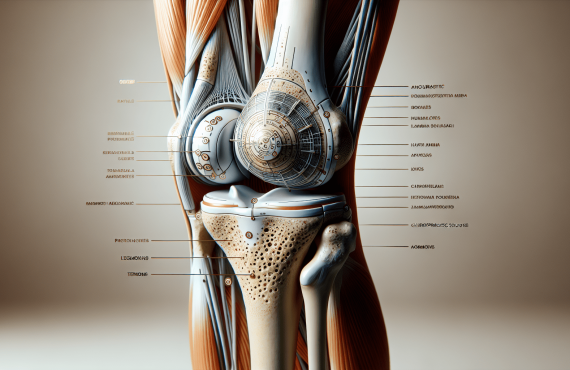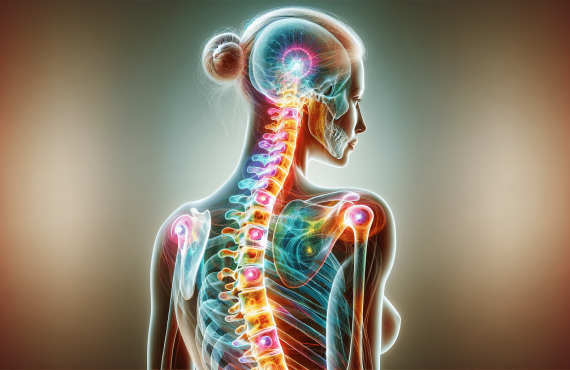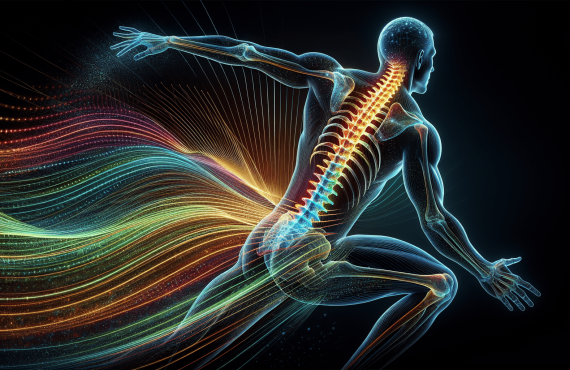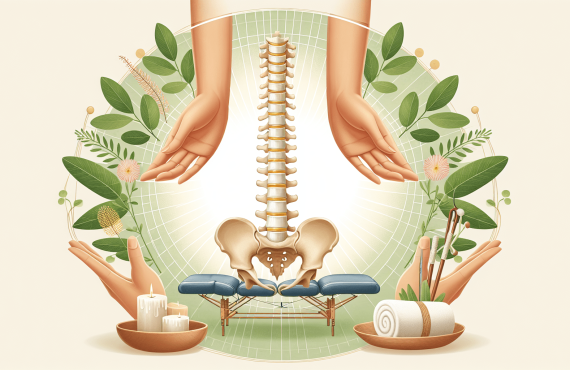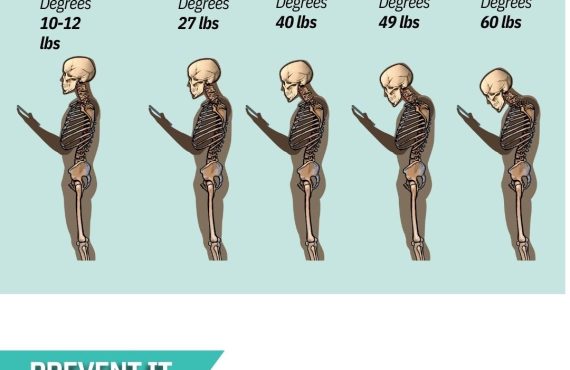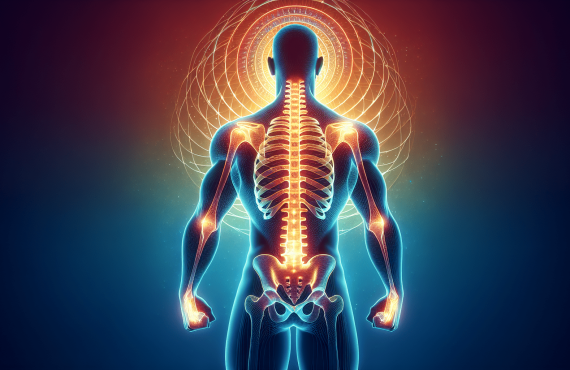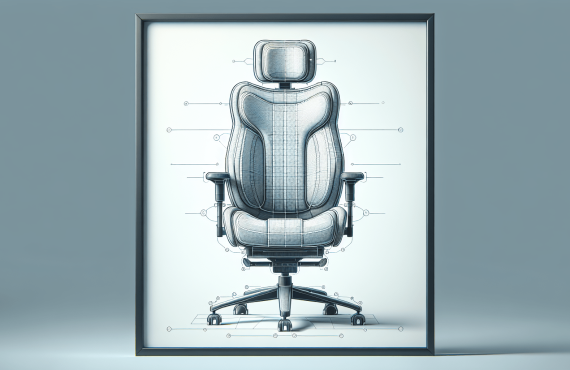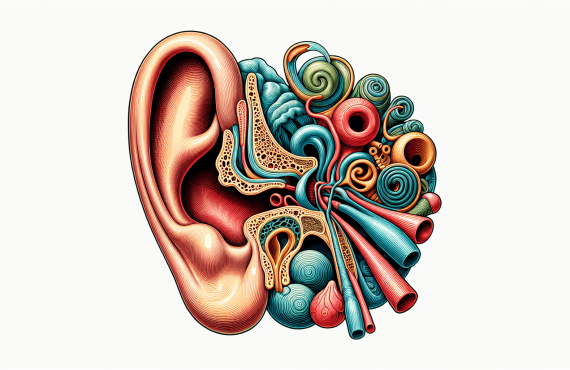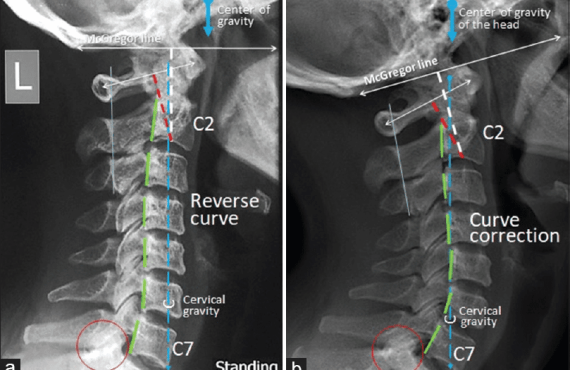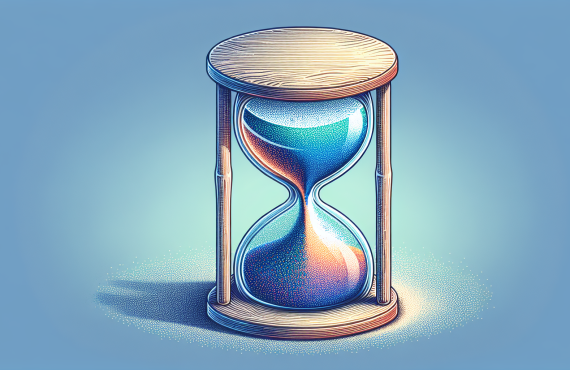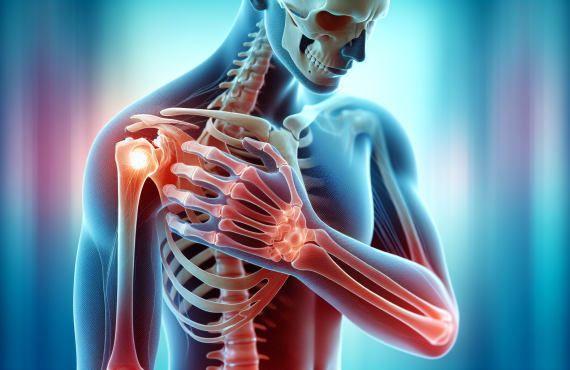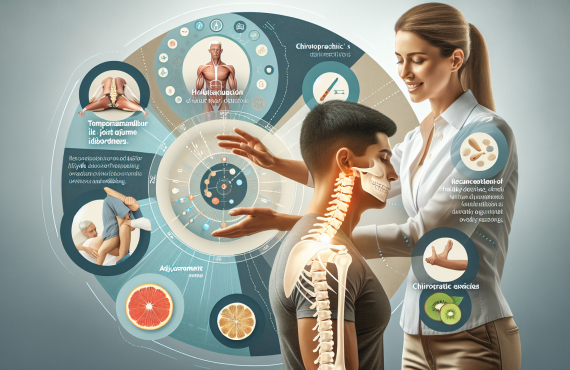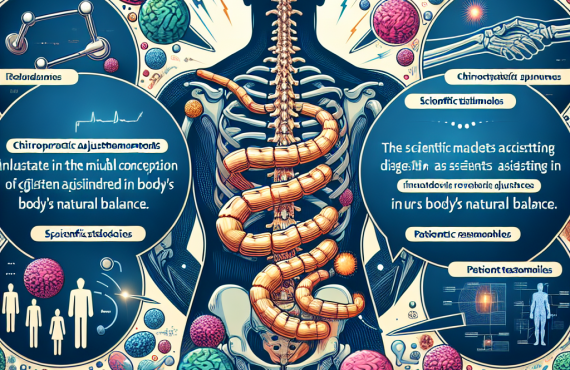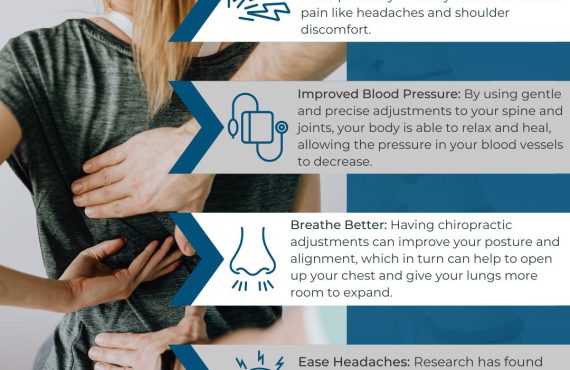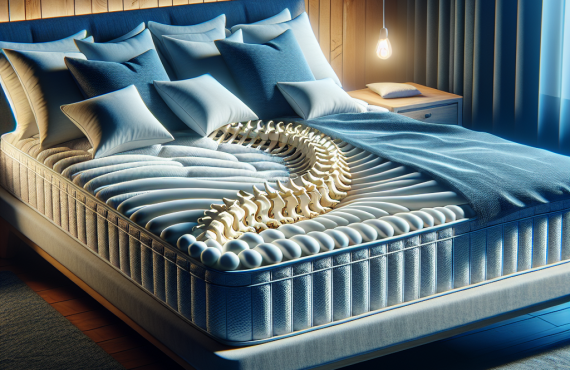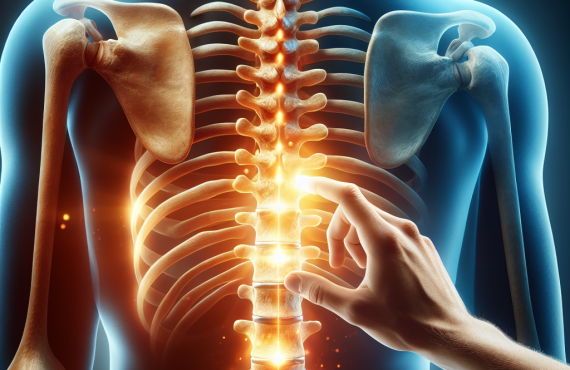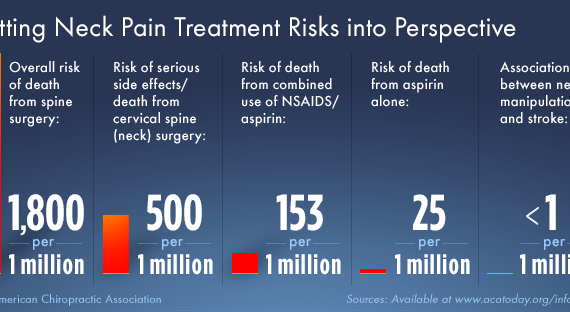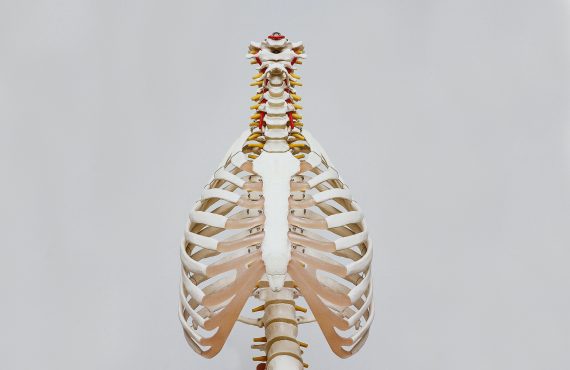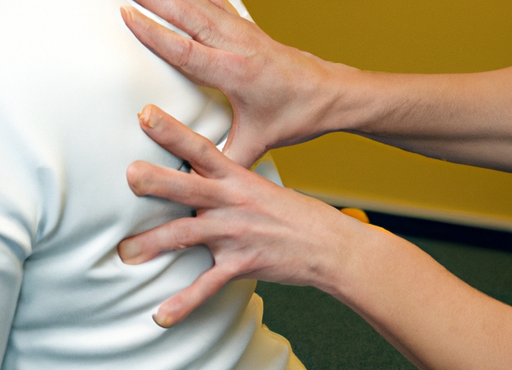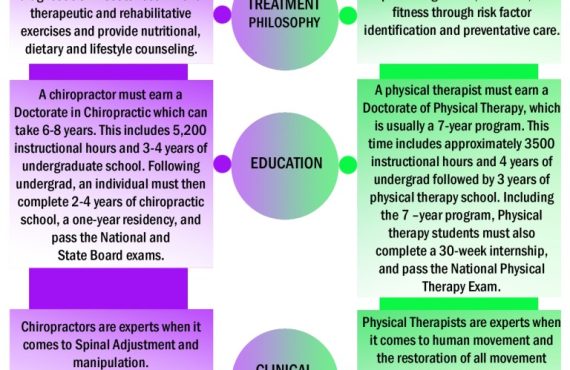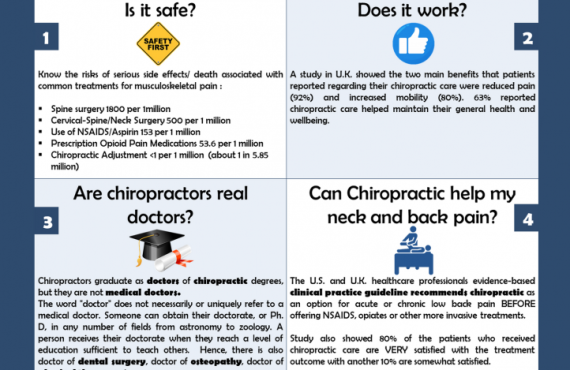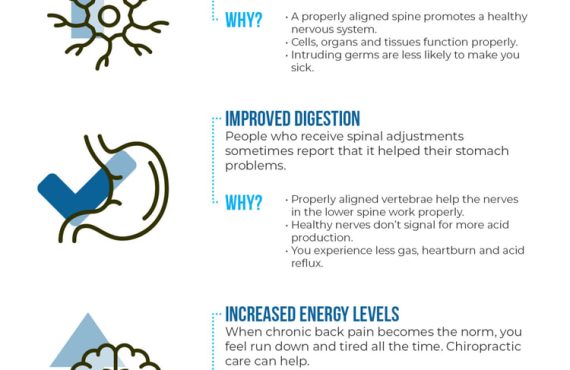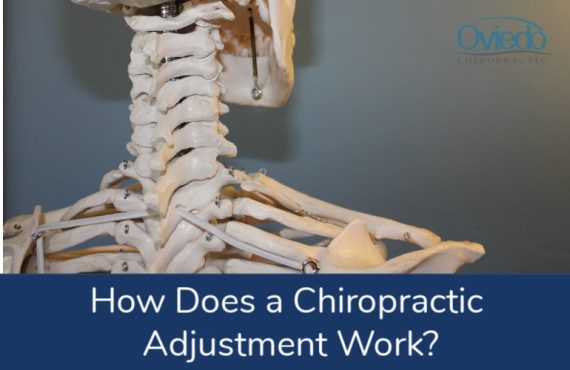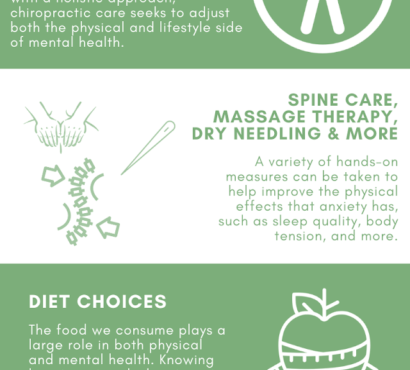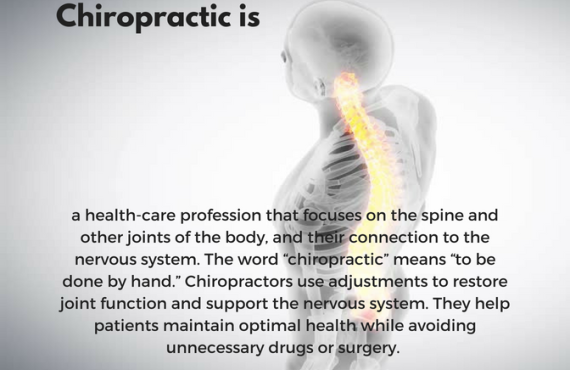If you’re a parent or guardian looking for alternative options to help manage your child’s ADHD, you might want to consider chiropractic care. At Henry Chiropractic, owned and operated by Dr. Craig Henry, they specialize in improving health and wellness in all areas of a patient’s life using chiropractic techniques. In addition to Dr. Henry, another skilled chiropractor, Dr. Aaron Hixon, is part of the team. With their expertise and passion for helping others, they can provide effective treatments for children with ADHD. Let’s explore how chiropractic care can make a difference in managing this condition and improving your child’s overall well-being.
Table of Contents
Overview of ADHD in Children
Attention Deficit Hyperactivity Disorder (ADHD) is a neurodevelopmental disorder that affects children and commonly persists into adulthood. It is characterized by symptoms of inattention, hyperactivity, and impulsivity. Children with ADHD often struggle with academic performance, social interactions, and emotional regulation. Understanding ADHD and its prevalence in children is crucial in order to identify appropriate treatment options and support for these children.
What is ADHD?
ADHD is a chronic condition that affects the brain’s executive functions, which are responsible for tasks such as attention, self-control, and organization. Children with ADHD may have difficulty paying attention, following instructions, staying organized, and sitting still. They may struggle with impulse control and have a heightened level of activity compared to their peers. ADHD can significantly impact a child’s daily life, including their academic performance, behavior, and relationships.
Prevalence of ADHD in Children
ADHD is one of the most common mental health disorders in children, affecting approximately 7-8% of school-aged children. Boys are more commonly diagnosed with ADHD than girls, with a ratio of about 3:1. The exact causes of ADHD are not yet fully understood, but research suggests a combination of genetic, environmental, and neurological factors contribute to its development. Early identification and appropriate intervention are crucial for children with ADHD to thrive and reach their full potential.
Symptoms and Challenges of ADHD
The symptoms of ADHD can vary from child to child, but common signs include difficulty paying attention, impulsivity, hyperactivity, forgetfulness, and disorganization. Children with ADHD may struggle with following instructions, completing tasks, and sitting still for extended periods of time. They may have trouble focusing on schoolwork, staying organized, and managing their time effectively. These challenges can lead to academic difficulties, behavior problems, and strained relationships with peers and adults.
Traditional Treatment Options for ADHD
Treating ADHD typically involves a combination of strategies and interventions aimed at addressing the core symptoms and helping children manage their challenges effectively.
Medication
Medication, such as stimulant and non-stimulant medications, is commonly prescribed to manage the symptoms of ADHD. These medications can help improve focus, attention, and impulse control. However, medication alone is not a cure for ADHD, and it may not be suitable for everyone. It is important for parents to consult with their child’s healthcare provider to determine if medication is the right option for their child and to carefully monitor its effects.
Behavioral Therapy
Behavioral therapy, also known as behavior modification or behavior management, is another commonly used approach in treating ADHD. This form of therapy focuses on teaching children strategies and techniques to modify their behavior, improve self-control, and develop effective coping mechanisms. Behavioral therapy may include parent training, social skills training, and individual therapy sessions with the child. It can help children with ADHD learn new skills, manage their impulses, and improve their overall functioning.
Parenting Techniques
Parenting techniques play a crucial role in managing ADHD symptoms in children. Parents can implement strategies such as establishing routines, setting clear expectations and consequences, providing positive reinforcement for desired behaviors, and providing a structured and supportive environment. Parenting techniques can help children with ADHD develop self-discipline, improve their organizational skills, and enhance their overall well-being.
Understanding Chiropractic Care
What is Chiropractic Care?
Chiropractic care is a holistic, drug-free approach to healthcare that focuses on the relationship between the body’s structure, particularly the spine, and its function. Chiropractors believe that when the spine is misaligned, it can interfere with the body’s natural ability to heal itself and function optimally. Chiropractors use hands-on spinal manipulation and other techniques to align the musculoskeletal structure, aiming to alleviate pain, improve physical function, and promote overall well-being.
Principles of Chiropractic Care
Chiropractic care is based on several key principles. Firstly, chiropractors believe in the body’s inherent ability to heal itself. They view the body as a self-regulating and self-healing organism, and their role is to facilitate this natural healing process. Secondly, chiropractors focus on the relationship between the spine and the nervous system. They believe that misalignments in the spine, known as subluxations, can disrupt the normal flow of nerve signals and contribute to various health issues. By correcting these subluxations, chiropractors aim to restore proper nervous system function and promote overall health.

Benefits of Chiropractic Care for Children with ADHD
Chiropractic care can offer a range of potential benefits for children with ADHD. While it is not a stand-alone treatment for ADHD, it can be a complementary approach that addresses specific challenges associated with the disorder.
Improved Nervous System Function
chiropractic adjustments focus on aligning the spine and reducing subluxations, which can enhance nervous system function. Because ADHD is believed to be related to disruptions in brain function and neurotransmitter activity, improving nervous system function may have positive effects on ADHD symptoms. By optimizing the communication between the brain and the body, chiropractic care can potentially contribute to improved attention, focus, and impulse control.
Reduction in Hyperactivity and Impulsivity
Hyperactivity and impulsivity are common symptoms of ADHD. Chiropractic care can help reduce these symptoms by addressing any underlying structural issues in the spine that may be contributing to nervous system dysfunction. By realigning the spine and reducing nerve interference, chiropractic adjustments may help regulate the nervous system and alleviate hyperactivity and impulsivity.
Better Sleep Patterns
Sleep disturbances are often seen in children with ADHD, and insufficient or poor-quality sleep can exacerbate symptoms. Chiropractic care can help promote better sleep patterns by addressing any physical or structural factors that may be preventing the child from getting a restful night’s sleep. By improving spinal alignment and reducing discomfort, chiropractic adjustments may contribute to improved sleep quality and duration.
Improved Focus and Attention
One of the core symptoms of ADHD is difficulty with focus and attention. Chiropractic care may indirectly help improve focus and attention by reducing pain, discomfort, and sensory processing issues that can distract the child. Additionally, by improving nervous system function, chiropractic adjustments may enhance the child’s ability to regulate their attention and maintain focus.
Enhanced Overall Well-being
Chiropractic care is focused on promoting overall health and well-being. By addressing spinal misalignments and reducing nerve interference, chiropractic adjustments can contribute to improved physical function, reduced pain, and enhanced quality of life. This holistic approach can benefit children with ADHD by supporting their overall development, reducing stress, and improving their ability to engage in daily activities.
Research on Chiropractic Care for Children with ADHD
Scientific Studies and Findings
While research on the specific effects of chiropractic care on children with ADHD is ongoing, some studies have shown promising results. One study published in the Journal of Manipulative and Physiological Therapeutics found that children with ADHD who received chiropractic care experienced improvements in their behavioral symptoms, including hyperactivity, impulsivity, and inattention. Another study published in Explore: The Journal of Science and Healing reported improvements in ADHD symptoms and the quality of life of children with ADHD following chiropractic care.
Case Studies and Testimonials
Many parents and healthcare professionals have reported positive outcomes and improvements in children with ADHD who have received chiropractic care. Case studies and testimonials often highlight reductions in hyperactivity, improvements in focus and attention, increased self-regulation, and overall enhancements in the child’s well-being. While individual results may vary, these accounts provide anecdotal evidence supporting the potential benefits of chiropractic care in managing ADHD symptoms.
Choosing the Right Chiropractor for Your Child
When considering chiropractic care for your child with ADHD, it is important to choose a chiropractor who specializes in pediatric care and has experience working with children. Here are some factors to consider when selecting a chiropractor:
Credentials and Experience
Ensure that the chiropractor you choose is licensed and properly trained in the field of chiropractic care. Look for certifications and additional qualifications that indicate expertise in treating children.
Specialization in Pediatric Chiropractic Care
pediatric chiropractic care requires specific knowledge and techniques tailored to the unique needs of children. Look for a chiropractor who specializes in pediatric care or has extensive experience working with children.
Patient Reviews and Recommendations
Read reviews and testimonials from other parents or caregivers who have sought chiropractic care for their children with ADHD. Their experiences and feedback can provide insights into the chiropractor’s approach, effectiveness, and overall patient satisfaction.
Consultation and Treatment Process
Schedule a consultation with the chiropractor to discuss your child’s specific needs and concerns. Ask about their treatment approach, the frequency and duration of sessions, and any additional therapies or recommendations they may offer.
The Role of Henry Chiropractic in ADHD Treatment
Introduction to Henry Chiropractic
Henry Chiropractic, located in Pensacola, Florida, is a trusted chiropractic clinic owned and operated by Dr. Craig Henry. Dr. Henry and his team are dedicated to providing high-quality chiropractic care to patients of all ages, including children with ADHD. With their expertise and patient-centered approach, Henry Chiropractic strives to optimize health and well-being in all aspects of their patients’ lives.
Expertise in Chiropractic Care for Children
Dr. Craig Henry and Dr. Aaron Hixon, chiropractors at Henry Chiropractic, have extensive experience in working with children and providing specialized chiropractic care for pediatric patients. They understand the unique needs and challenges of children with ADHD and tailor their treatment approach accordingly. Their comprehensive knowledge of chiropractic techniques and their commitment to ongoing professional development ensures that children receive safe and effective care.
Treatment Approaches at Henry Chiropractic
At Henry Chiropractic, the treatment approach for children with ADHD involves a thorough assessment of the child’s medical history, a comprehensive physical examination, and a personalized treatment plan. Chiropractic adjustments are used to realign the spine and reduce nerve interference, promoting optimal nervous system function. The chiropractors may also recommend lifestyle modifications, exercises, and other strategies to support the child’s overall well-being and long-term success.
Case Study: Successful ADHD Treatment at Henry Chiropractic
Patient Background
A case study at Henry Chiropractic involved a 10-year-old child diagnosed with ADHD. The child had been experiencing significant challenges with attention, impulse control, and academics. Traditional treatment options, including medication and behavioral therapy, had provided some relief but were not fully addressing the child’s symptoms. The family sought chiropractic care as a complementary approach to manage their child’s ADHD symptoms.
Chiropractic Treatment Plan
The chiropractic treatment plan for the child included regular adjustments to realign the spine, reduce subluxations, and optimize nervous system function. Additionally, lifestyle modifications, including dietary recommendations, exercise routines, and strategies for stress management, were incorporated into the child’s daily routine. The treatment plan was designed to address the child’s specific needs and support their overall development.
Results and Progression
Over the course of several months, the child showed significant improvements in their ADHD symptoms. The child’s focus and attention span increased, and they exhibited better self-control and regulation of impulses. Academic performance also improved, with the child demonstrating improved organization and productivity. The child’s overall well-being and quality of life improved, and they reported feeling happier and more confident.
Tips for Parents Considering Chiropractic Care
If you are considering chiropractic care for your child with ADHD, here are some tips to help you navigate the process:
Discussing with Pediatrician
Consult with your child’s pediatrician and discuss your intention to seek chiropractic care. They can provide insights, offer recommendations, and address any concerns you may have. It is important to ensure that all healthcare providers involved in your child’s care are aware of the different treatment modalities being explored.
Communication with Chiropractor
During the consultation and treatment process, maintain open and ongoing communication with the chiropractor. Share your child’s medical history, ADHD symptoms, and any concerns you may have. The chiropractor can then tailor the treatment plan to best suit your child’s needs and address any specific challenges or goals.
Involvement in Treatment Plan
As a parent, actively participate in your child’s chiropractic care. Attend appointments, ask questions, and stay informed about the progress and results. Implement any recommended lifestyle modifications or strategies at home to support your child’s treatment plan.
Maintenance and Follow-up Care
After the initial treatment period, continue to prioritize follow-up care to maintain the progress achieved. Regular chiropractic adjustments and ongoing management of lifestyle factors can help sustain the improvements and promote long-term well-being.
Conclusion
Chiropractic care can be a beneficial adjunctive treatment for children with ADHD. While it is not a stand-alone solution, it can effectively complement traditional treatment approaches by addressing underlying structural issues, improving nervous system function, and promoting overall well-being. With the right chiropractor, specialized care, and a collaborative approach involving healthcare providers and parents, children with ADHD can experience positive outcomes and lead fulfilling lives. If you are seeking chiropractic care for your child with ADHD, consider Henry Chiropractic in Pensacola, Florida, and discover how their expertise and patient-centered approach can contribute to your child’s well-being.






